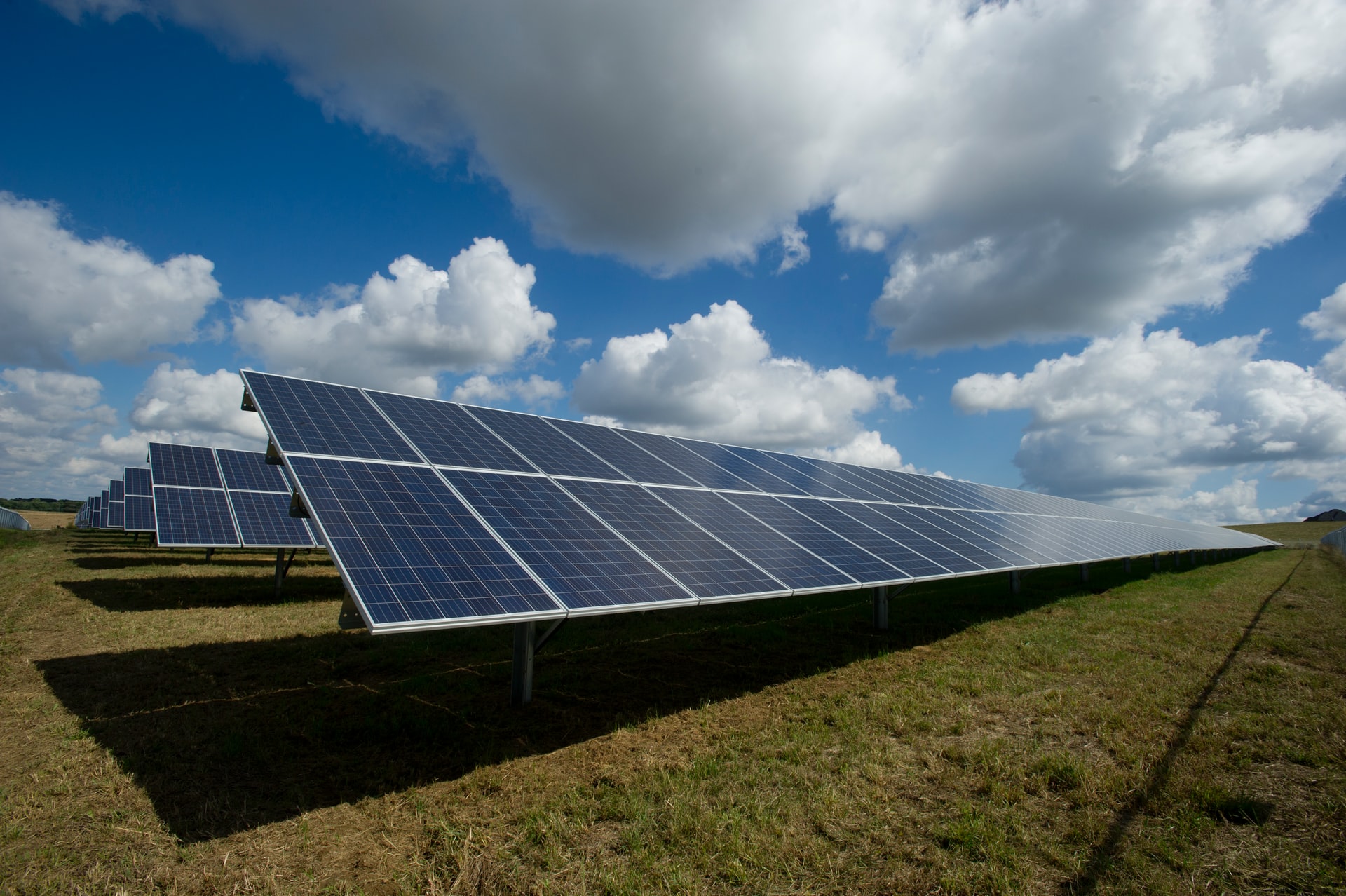Now that equity markets have stabilized following this year’s lightning crash, clean energy stocks are once again diverging hard from their oil & gas counterparts. The big green rally suggests investors are betting on two things. That the pandemic has fast-tracked the transition from oil & gas era to wind & solar era. And that the outcome of America’s presidential election could mark a major inflection point for clean energy within the United States.
Related ETFs: iShares Global Clean Energy ETF (ICLN), iShares Global Energy ETF (IXC)
In his 1942 book titled Capitalism, Socialism & Democracy, Austrian-born economist Joseph Schumpeter posited that Creative destruction “is the essential fact about capitalism.” According to Schumpeter, new technologies and processes continuously revolutionize the economic structure from within, “incessantly destroying the old one, incessantly creating a new one.”
Energy is currently undergoing that very creative destruction process. Indeed, the “old” oil & gas sector is being disrupted by the “new” renewable energy sector. An article published on TNW last week declares this is all part of the sixth great wave of economic innovation, one in which three complementary innovation clusters intersect: renewable energy, electromobility and smart-city technology.
Not only does MRP concur with that assessment, we share the author’s view that the disruptive impact of COVID-19 will act as an accelerator in this transition, particularly in the case of renewable energy. After all, history has shown that change happens more quickly during times of economic disruption like the one the world is currently experiencing.
Oil & Gas Diverges from Clean Energy in Equity Markets
Back in January, MRP argued that the world was undergoing a seismic shift that would accelerate a divergence we had noted between oil & gas stocks and their clean energy counterparts. At the time we wrote:
“Decarbonization appears to be this year’s cause célèbre. The topic was top of the agenda at the World Economic Forum and it is already driving changes in the food, fashion, auto, and airline industries. This bodes well for clean energy companies and not so well for those focused on fossil fuels. Those two segments of the energy industry, represented by ICLN and XLE, began to decouple a year ago, and that divergence is visibly accelerating.”
Since the publication of that report on January 27, 2020…
To read the rest of this Market Insight, START A FREE TRIAL You’ll also gain access to: If you already have a subscription, sign in










